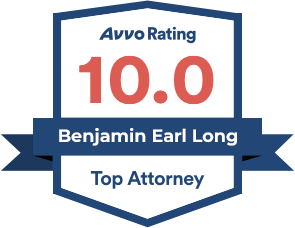What Is a Qualified Personal Residence Trust
Understanding the Qualified Personal Residence Trust (QPRT)
The Basics of QPRT
How QPRT Works
As a grantor, you can live in the home for a period of time, with a retained interest in the property. Once the QPRT term ends, ownership of the property gets transferred to the beneficiaries of the trust.
When you establish a QPRT, you take your personal residence, a primary or secondary home, out of your estate and place it in the trust.
Benefits and Considerations
Any appreciation that occurs after the transfer takes place is also removed from your estate. Because you retain an interest in the residence, you can reduce the amount of property’s value that is subject to estate and gift taxes from your estate.
While the trust is in place, you and your family may live in the home, and you continue to be responsible for maintaining the property’s upkeep. You also still have to pay property taxes.
Potential Drawbacks and Irrevocability
However, there is one rule you need to know before setting up the QPRT—you must outlive the term of the trust. If you don’t, the entire value of the residence may be included in your estate, which destroys the key reason for setting up the trust.
This is a complex tool for estate planning, and it isn’t for everyone. A QPRT can be good for creating a financial legacy for beneficiaries, helps your estate avoid taxes after your death and if you are paying rent to trust beneficiaries, creates another path to minimize estate taxes.
On the other hand, a QPRT is irrevocable. Therefore, if your circumstances change, it may not be useful for you but you won’t be able to undo it. If you die before the end of the term, any benefits for gift or estate taxes are lost. If there is a mortgage on the property, mortgage payments might be counted against gift tax exemptions.
Challenges with Refinancing and Selling
Consulting an Estate Planning Attorney
An estate planning attorney will analyze your estate and tax situation to determine if a QPRT is a useful tool for you and your family.
Reference: yahoo! finance.com (July 29, 2020) “Qualified Personal Residence Trust (QPRT)





